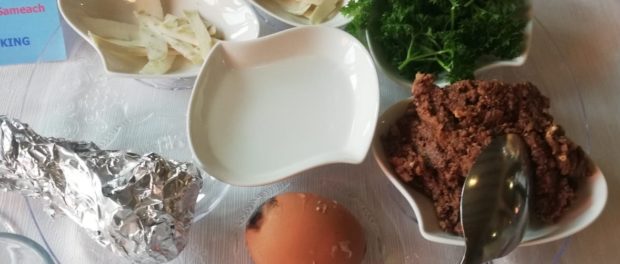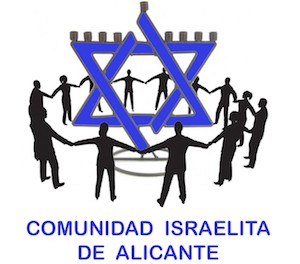Pesach (Passover) 2025/ 5785

Pesach (Passover) 2025/ 5785 is from April 12 to April 20 2025
Passover is celebrated by Jews every year, commemorating the anniversary of our miraculos Exodus from Egyptian slavery, as told in the Bible.
On the first two nights of Passover (just the first night in Israel), we hold a Seder. After candles have been lit, we enjoy a ritual-rich 15-step feast, which centers around telling the story of the Exodus. Some highlights include: Drinking four cups of wine, dipping veggies into saltwater, children kicking off the storytelling by asking the Four Questions (Mah Nishtanah), eating Matzah(a cracker-like food, which reminds us that when our ancestors left Egypt they had no time to allow their bread to rise) and bitter herbs, and singing late into the night.
Beginning on the evening preceding 15 Nissan, Passover lasts for 8 days in the Diaspora and 7 days in Israel (here’s why).
On Passover, Jews may not own or consume chametz, anything containing grain that has risen. This includes virtually all breads, pastas, cakes and cookies. Prior to the holiday, homes are thoroughly cleaned for Passover, kitchens are purged (here’s how to kisher the kitchen), and the remaining chametz is burned or sold.
Following the intermediate days, when work restrictions are somewhat relaxed but chametz remains forbidden, we celebrate the final two days of Passover (just one day in Israel), during which we look forward to the future redemption through Moshiach (Messiah).
Passover is important to Jews, as it celebrates our birth as a nation.
Jag Sameaj!!!
Pésaj (Pascua) 2025 es del 12 al 20 de abril de 2025.
Los judíos celebran la Pascua cada año para conmemorar el aniversario de nuestro milagroso Éxodo de la esclavitud egipcia, según se relata en la Biblia.
En las dos primeras noches de Pésaj (la primera noche en Israel), celebramos un Séder. Tras encender las velas, disfrutamos de un festín ritual de 15 pasos, centrado en la narración de la historia del Éxodo. Algunos momentos destacados incluyen: beber cuatro copas de vino, mojar verduras en agua salada, que los niños inicien la narración haciendo las Cuatro Preguntas (Mah Nishtanah), comer Matzá (un alimento parecido a una galleta, que nos recuerda que cuando nuestros antepasados salieron de Egipto no tuvieron tiempo de levar el pan) y hierbas amargas, y cantar hasta altas horas de la noche.
Comenzando la tarde anterior al 15 de Nisán, Pésaj dura 8 días en la diáspora y 7 días en Israel (aquí explicamos por qué).
En Pésaj, los judíos no pueden poseer ni consumir jametz, cualquier cosa que contenga grano leudado. Esto incluye prácticamente todos los panes, pastas, pasteles y galletas. Antes de la festividad, se limpian a fondo las casas para Pésaj, se purgan las cocinas (aquí explicamos cómo preparar la cocina) y el jametz restante se quema o se vende.
Después de los días intermedios, cuando las restricciones laborales se relajan un poco pero el jametz sigue prohibido, celebramos los dos últimos días de Pésaj (solo un día en Israel), durante los cuales esperamos con ansias la futura redención a través del Mashiaj (Mesías).
Pésaj es importante para los judíos, ya que celebra nuestra.
Jag Sameaj!!
